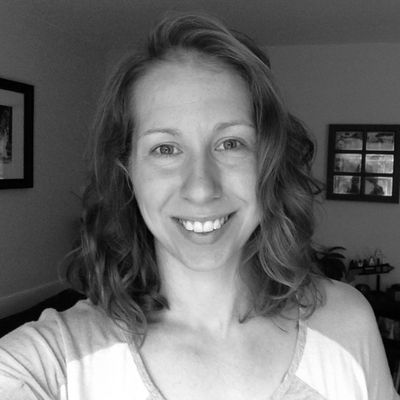 Escherichia coli, a common gut bacteriaCENTERS FOR DISEASE CONTROL AND PREVENTION'S PUBLIC HEALTH IMAGE LIBRARY
Escherichia coli, a common gut bacteriaCENTERS FOR DISEASE CONTROL AND PREVENTION'S PUBLIC HEALTH IMAGE LIBRARY
A new non-profit program called MyMicrobes aims to integrate aspects of a social network and a DNA database to learn more about the bacteria living in the human gut. Calling for interested people to have their gut bacteria sequenced (for about $2,100, paid for by participants) and share information about their diets and gastrointestinal problems, the program hopes to gather the data needed to finally understand how our commensals affect the physiology of the GI tract, in addition to giving participants a forum to connect with individuals with similar problems.
"I got between 50 and 100 e-mails from regular people having problems with the stomach or diarrhoea and wondering if we can help them," Peer Bork, a biochemist at the European Molecular Biology Laboratory in Heidelberg, Germany, told Nature. "There must be a...
So he and his colleagues decided to start MyMicrobes, which launched yesterday (September 8). Participants that sign up for the program receive a stool-sample collection kit in the mail, and send their donations to Europe for the DNA to be extracted and sequenced. Bork says about 5,000 participants are needed for the study to be meaningful, but should it garner substantial interest, it could provide a wealth of data not attainable elsewhere. So far, about 100 people have expressed interest, Bork told Nature.
Earlier research by Bork and colleagues characterized the gut bacteria of 22 peoples from four countries, as well as previously sequenced gut metagenomes, and found that the microbial communities of the gut can be divided into three categories, which can affect which nutrients are available to the host. Researchers have also linked specific bacteria and obesity and other diseases, as well as behavior. And some argue that variation among gut bacterial could also affect how people respond to different drugs and diets.




